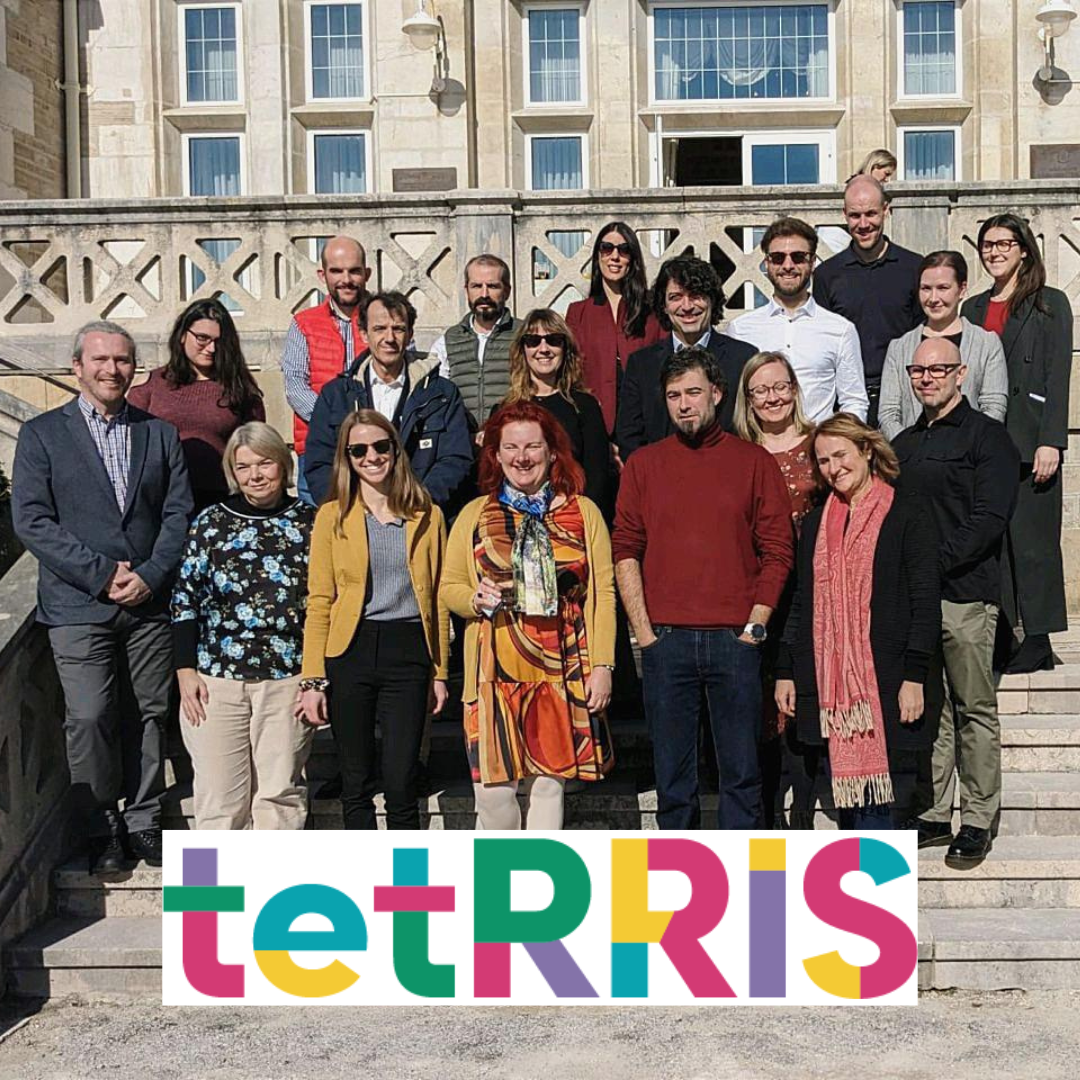EURADA is pleased to report on the event organised by the TetRRIS project, during the course of 9-10 February 2023, at the Magdalena Palace in Santander, Spain.
The TetRRIs event was organised with the aim to explore current visions and understandings of Responsible Research and Innovation (RRI) in different regional innovation systems and to identify potentialities and possibilities of RRI for Smart Specialisation Strategies (S3) reorientation.
S3 were conceived as a way of addressing the innovation gap between the United States and the European Union that was identified after the deployment of the Lisbon Strategy at the beginning of the 21st century. Recently, S3 strategies are being reoriented to embrace sustainability and inclusive growth into its DNA. These efforts are being conducted for confronting new societal demands, challenges and expectations concerning R&I policy such as climate change. But how RRI can explicitly contribute to this reorientation of S3 strategies towards sustainability?What can RRI offer to this transformation of current regional strategies oriented to economic growth?
During this event, coordinated by the Spanish EURADA member SODERCAN and organised by TECNALIA, several speakers shared their expertise on the topic proposed for the event, making insights about ethics, sustainability, welfare, commitment, transformations and transitions in terms of RRI, S3 and S4 (Smart Specialisation Strategies for Sustainability). Through their presentations, we were able to learn about the challenges we face as a society for a transition to more responsible Research and Development, while the researchers, teachers and practitioners on these changes are the ones who currently have the most important role to play. Speakers representing the Spanish region of Cantabria, as well as other regional stakeholders, shared their stories with the intention of converting RRI from an abstract concept to more tangible and practical operations in the different scientific fields, ranging from the circular economy to the healthcare sector.
We had the great pleasure of having the assistance of speakers such as Edurne A. Iñigo (Universidad de Deusto), Mario Pansera (Universidad de Vigo), Marcos Lopez Hoyos (Scientific Director IDIVAL Health Research Institute - Cohorte Project), Nicté Garcia (Universitat Jaume I - Ethna System Project), Laure Raso (Centro Europeo de Empresas e Innovación de Murcia - Cherries Project), Petar Vrgovic (University of Novi-Sad - COCHANGE Project), Rosa Arias (Science for Change - Transform Project) and Rachel Claire Tully (Agencia Extremeña de la Energía - Ripeet Project).
These presentations took place over the two mornings of the event. In the afternoons, representatives of the four pilot regions interested in the project, as well as the scientific partners, had the opportunity to come together and share their stories about the experiences they have had throughout the 3 years of the TetRRIS project. Different working groups were organised, where all regions were able to learn first-hand about the barriers, drivers and challenges that each of them was facing. Broad cooperation and exchange happened among all participants of the consortium, which will hopefully result in an increased ability to face future problems that each of the regions may face in the near future and be able to solve, also thanks to the advice and experiences of their neighbouring European regions.
TetRRIS will continue its work until the end of August this year. Stay tuned for the Project Final Conference, foreseen for the 4-5 July 2023 in Finland, the location of the project coordinators. The results of this three-year journey will be presented and together we will try to understand how to keep the project active in the upcoming months.
